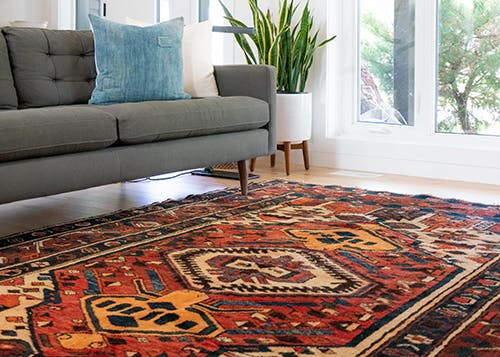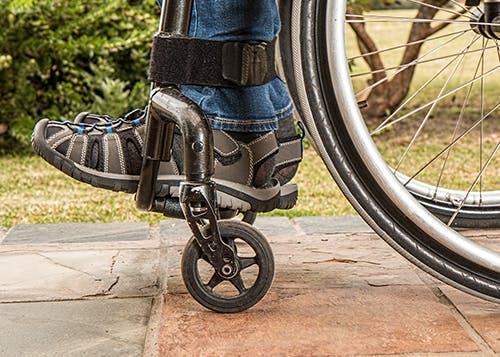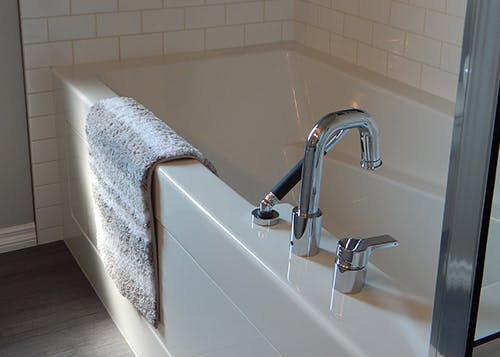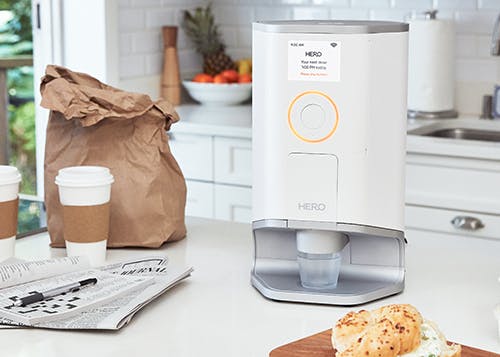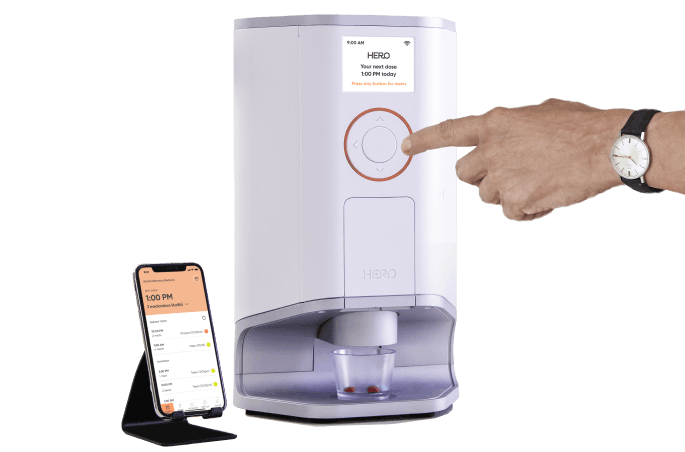While in many ways it’s a great privilege to be able to take care of our parents in their old age -- especially if we have a good relationship with them -- it does come with major lifestyle adjustments, not least the practical aspect of preparing our home for somebody who is elderly and/or infirm.
As with all things in life, the process will go far more smoothly if you are well prepared in advance!
By taking a few steps ahead of time, you can make this transition an easier one for everyone involved -- from you and your family to the parent who is moving in.
Here are a few things you can do to create a parent-friendly living environment:
1. Make the easy fixes first
There are a lot of easy fixes you can make in and around your home before you even think about the bigger stuff. And for some people, these may even be enough.
These include checking you have enough lighting (including night lighting) both inside and outside the house. According to AAA, by age 60, eyes need three times as much light as they did at age 20.
Keep an eye out for any tripping hazards such as throw rugs, extension cords, and general clutter. Rubber mats with curved edges are a safer bet than rugs, but if you must keep some, make sure to have a non-slip mat underneath.
Finally, look for obvious causes of injury such as scalding water by adjusting the maximum temperature of your thermostat.
2. Clear pathways
Wheelchairs, walkers, bad knees…there are a multitude of reasons that make getting in and out of a house more difficult the older you get, so now is the time to start evaluating the path into and out of your house.
Look for cracked sidewalk or uneven paving stones. You may even need to widen the path to your house if that’s an option if your parent is in a wheelchair.
Consider installing a ramp at the front door (there are temporary ones if you don’t want this to be a permanent fixture in your home) to make it easier for both wheelchairs and those struggling with steps. And don’t forget non-slip matting in the entranceway!
3. Make your bathroom elderly friendly
This may be one of the most important things you will need to do to safely accommodate an aging parent.
Bathrooms can be a challenging place as we get older, as well as a notorious place for falls, so some basic adjustments can go a long way. Start by installing handrails where they make sense (in the shower, grab bars by the toilet.)
Many elderly people find it hard to get themselves onto and off the toilet, so a raised toilet seat is an excellent idea. Put a waterproof chair or bench in the shower and -- if it’s an option -- look into installing a walk-in shower.
And, once again, don’t forget the non-slip mat (in the shower this time!)
4. Automate medication management
Just because an elderly parent moves in with you, doesn’t mean it should be all hard work.
One thing you can save time and worry on is medication management. This aspect of caretaking can be a huge time suck, not to mention an intimidating part of the process as you worry if they’ve taken their meds that day.
Some elderly people can take up to 10 medications a day, and the risk of missing a dose can be fatal in the most severe cases. In fact, 50% of patients don't take their medication on time, every time so it’s important to have a system to keep them on track.
Look for a device such as HERO that can store a 90-day’s worth of up to 10 medications at a time, provide alerts when they are due, dispenses them on schedule, and sends out a notice to you via the caregiver app if a dose has been missed.
Whatever you do, make sure you have a solution that gives true peace-of-mind for you and your loved one.
5. Check whatever is covered by Medicare
That’s right -- many of the adjustments you will need to make around your home can be covered by Medicare (some plans will even cover full or partial costs of medication management devices such as HERO.)
Getting your home ready for a parent moving in can be costly, so it’s always worth checking what you might be able to receive help with.
Here are some examples of things Medicare might cover:
- Hospital beds
- Seat-lift mechanisms for lift-chairs
- Oxygen equipment
- Scooters
- Wheelchairs
